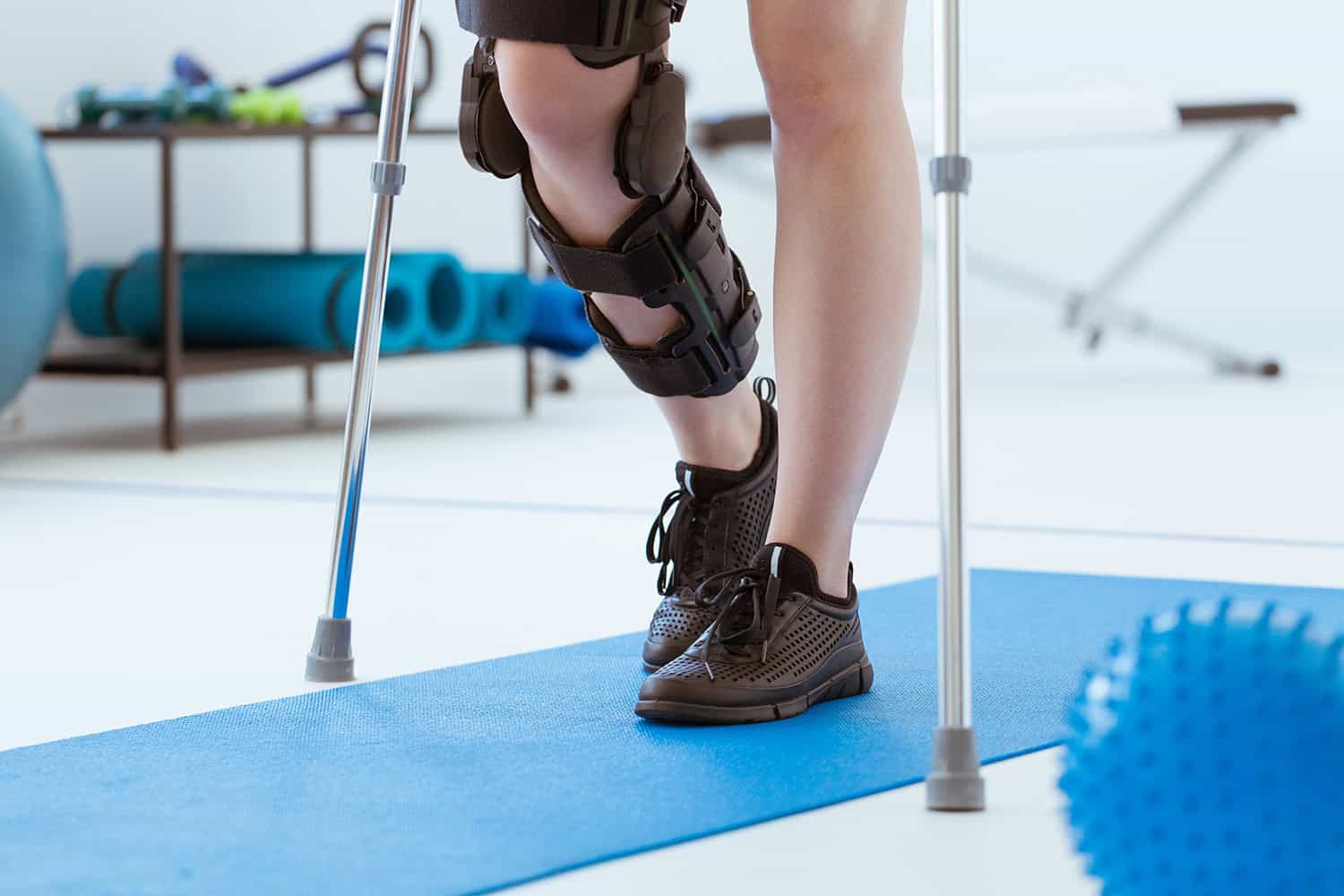What is Injury Awareness Week?
Injury Awareness Week, an initiative started by the not-for-profit organisation Association of Personal Injury Lawyers (APIL), aims to educate businesses and employees on the impact of avoidable workplace injuries, building much-needed public support and awareness.
Why do we need Injury Awareness Week?
Getting injured at work can have very real consequences; depending on the severity, it can seep into all aspects of your daily life, affecting your mental health, your livelihood, and more. With greater awareness comes prevention, recognition, and help.
The Statistics
In 2022/23 there were a reported 621,645 workplace-related injuries in the UK. 42,920 of these were incapacitated for seven days or more and unable to work. While numbers have fallen slightly over the past five years (it’s important to note this coincides with the increase in remote and hybrid working models so isn’t evidence of improved working conditions), it remains an issue that solicitors routinely seek compensation for.
Ref: NibleFins
Accident, Mishap or Negligence. What defines a workplace injury?
The difference between accident, mishap or negligence can sometimes seem like a grey area, but any reputable Injury Lawyer will know, they are quite distinct. In short, accidents and mishaps can’t be prevented, while harm caused by negligence could (and should) have been avoided. It’s an employer’s responsibility to ensure this is the case.
What are avoidable workplace injuries?
Avoidable workplace injuries are those suffered because of neglect by your employer. Employers have a legal obligation towards the welfare and safety of their staff, as well as visitors to the business. A workplace should always be a safe environment, free from potentially harmful situations.
Claims can be pursued due to:
- Any situation that can initiate a slip, trip or fall
- Dangerous practices and procedures in the workplace
- Defective or poorly maintained equipment
- Dangerous machinery at work
- Noxious environment or toxic substances
- A falling object
- Non-adherence to Health & Safety regulations
- Negligence of co-workers
- Insufficient or improper training
- Assault at work
- Faulty lifting and manual handling practices brought on by lack of training
- Industrial injuries such as hand-arm vibration syndrome or vibration white finger
What happens if you sustain a workplace injury?
You must be seen by an independent medical professional who specialises in the type of injury you have sustained. They must provide you with something in writing to explain your condition, what treatment is required, and the estimated length of recovery time. Should you choose to pursue a claim, contact a specialist Solicitor such as Sarah Jane Mitchell, Specialist Personal Injury Lawyer and Managing Partner at Jefferies.
We are here for you
Our experienced team of Personal Injury Lawyers specialise in personal injury and medical negligence, acting on behalf of clients across Essex and surrounding areas. Essex Personal Injury Lawyers (EPIL) are a collection of dedicated Personal Injury Lawyers here at Jefferies Solicitors and have over 25 years of specialised experience, representing cases as diverse as road traffic accidents to complex medical malpractice claims.
Do you have a claim?
If you have sustained a workplace injury or would like to discuss your options regarding personal injury or medical negligence claims, contact us today.
The contents of this article are for the purpose of general awareness only. They do not purport to constitute legal or professional advice. The law may have changed since this article was published. Readers should not act on the basis of the information included and should take appropriate professional advice upon their own particular circumstances.
